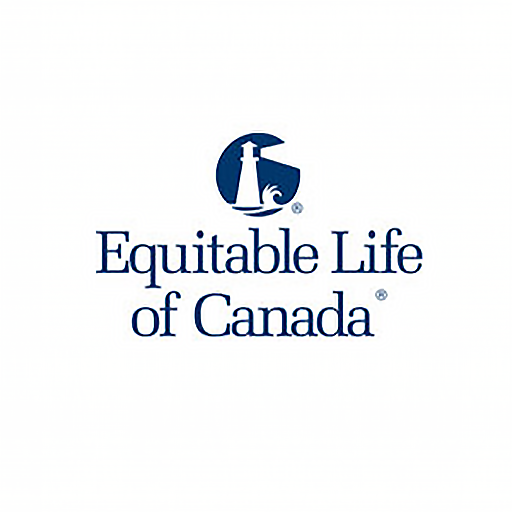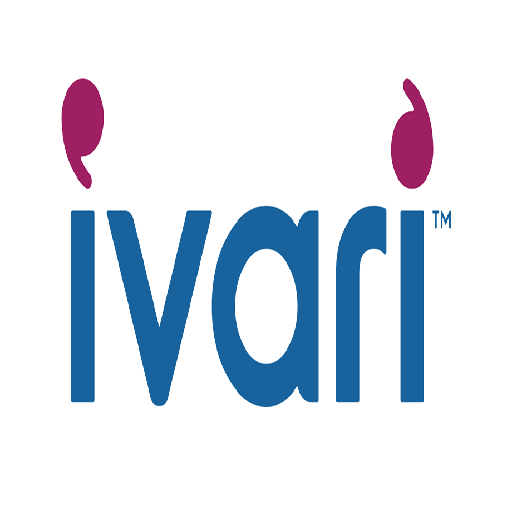Estate planning will guide you in making plans that help you achieve your financial and investment goals. After years of being in the workforce, you need to step into your next life with confidence. This is only possible if you know that your assets and finances are well planned for and secure.
We have the skills, professionalism, and expertise to handle complex wealth, financial, and assets challenges and make it a smoother ride for you.
Are you interested in planning on how your assets will be preserved, managed, and distributed upon your death?
Do you wish to prepare for the management of your properties and financial liabilities should anything happen to you and make you incapable of fulfilling such duties?

What is Estate Planning?
Estate planning is the process that involves setting up a clear path and instructions about how your property and assets should be managed both during the course of life in the event that you can’t do it yourself and upon death. It is meant to safeguard the well-being of your loved ones as well as affiliated charities and works of a humanitarian you are actively engaged in. The goal of estate planning is to help you meet your financial goals and objectives taking into consideration liabilities like tax, healthcare, and business planning.
How does Estate Planning work?
Estate planning means planning what happens to all your assets when you die or become incapacitated. Most estate plans include
- A will – a legal document that enforces your wishes regarding your possessions upon your death.
- Assignment of power of attorney, and healthcare proxy – this is the power given to someone in order to make decisions about your health in the event you become incapacitated.
- A trust– the act of passing on money and other assets to heirs.
What does Estate Planning involve?
- Determining who will manage your property in the right way that you would like it to be done in the event that you are unable to so during your lifetime.
- Outlining the value of your estate and the list of the assets alongside the list of beneficiaries to whom those assets will be left to.
- Determining the person who will manage health and personal care and make decisions concerning your health in the event you are incapacitated.
- Clearing out any situations that may involve having some of your assets properties distributed upon your death and the right way to do that.
- Clearing out any funeral plans you have in mind which include but not limited to funeral ceremonies, cremation and burial, places of burial, etc.
- Determining the proper distribution of your wealth, properties, and assets upon your demise especially in the event that you have potential multiple beneficiaries.
- If you have minor children, who will take care of them should you be incapacitated or dead?
Who should consider estate planning and why?
- Whether you consider your property to be of high value or not, it is a good idea to have your plans outlined. Estate planning is a process that should be undertaken by everybody regardless of their wealth status.
- Setting down proper instructions of estate planning ensures that you enjoy the best quality of life especially when you can’t make proper decisions. It also gives your loved ones a reliable financial security plan.
- For smaller estates, the process can be used to designate beneficiaries, distribute assets, and plan debt repayment.
- Those with high net worth may use the process to create a plan that helps them gain from asset preservation, tax maximization as well as other estate planning services.
- In the event that estate planning has not been done, the legal system will assign someone to handle your assets and determine how your personal care will be carried out. Upon your death. Your wealth and property will be distributed among your heirs as per intestate, succession rules or state.
What are the advantages of Estate Planning?
- It protects the beneficiaries.
- Helps you plan for your own needs.
- Helps you plan for philanthropic works seamlessly.
- It protects the minors.
- It covers the heirs from large tax bites by minimizing tax transfers.
- It controls family frictions over the inheritance.
Assets that are considered to be part of the Estate
- Financial accounts
- Money owed to you
- Real estate investments
- Other assets like cars, furniture, and jewelry
Who should help with Estate Planning?
- Certified Financial Planners
- Certified Public Accountants
- Life Insurance Professionals
- Bank Trust Officers
- Pension Consultants
- Personnel Managers





